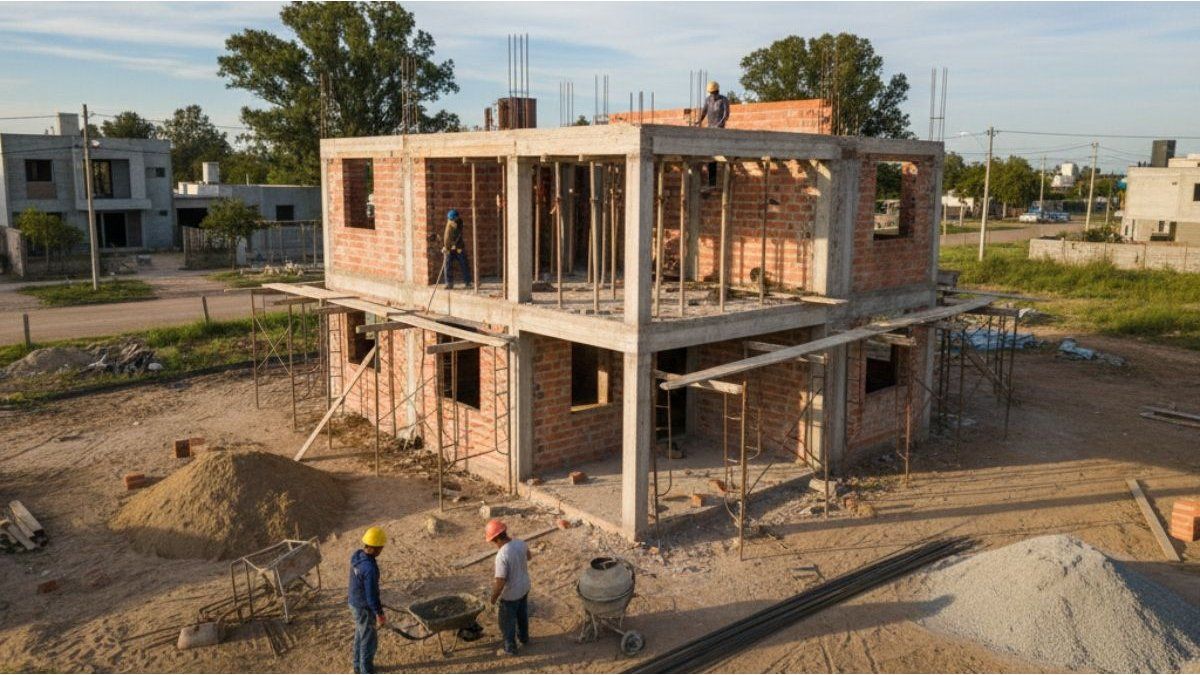Menu
Economic crisis: OECD sees Germany as bringing up the rear in terms of growth in 2025
Categories
Most Read
Asbestos in baby powder? Billion dollar lawsuit against Johnson & Johnson
October 16, 2025
No Comments
the swap with China, US aid and electoral expectations
October 16, 2025
No Comments
Pig price has fallen sharply: China’s tariffs are shaking up the market
October 16, 2025
No Comments
Save with a DNI Account! Access an unmissable benefit in your favorite neighborhood stores in October 2025
October 16, 2025
No Comments
There is still quite strong support in Argentina for there to be a normal economy
October 16, 2025
No Comments
Latest Posts

Donald Trump and Vladimir Putin will meet in Budapest to negotiate peace
October 16, 2025
No Comments
October 16, 2025 – 16:59 According to the American president, Thursday’s phone call with the Russian leader was “a big step forward.” The president of

Mother’s Day: how data can be the best gift for brands
October 16, 2025
No Comments
October 16, 2025 – 16:41 In the midst of a year with lower purchasing power and more cautious consumers, companies find this special date an

Construction costs exceeded 3% in September and reached their highest level of the year
October 16, 2025
No Comments
October 16, 2025 – 16:22 The increase was explained by the increase of 2.9% in “Materials”, 3.7% in “Labor” and 3% in “General expenses”. Artificial
24 Hours Worlds is a comprehensive source of instant world current affairs, offering up-to-the-minute coverage of breaking news and events from around the globe. With a team of experienced journalists and experts on hand 24/7.

